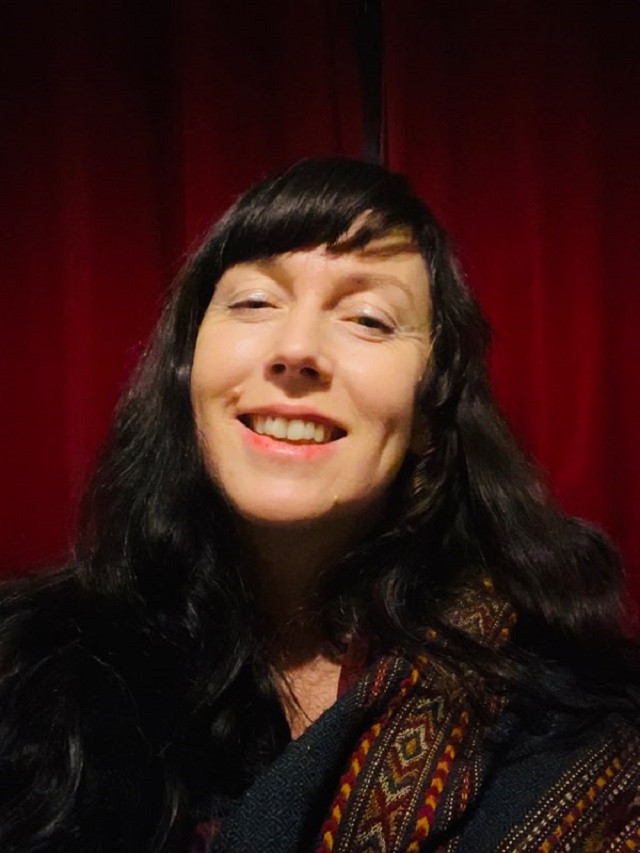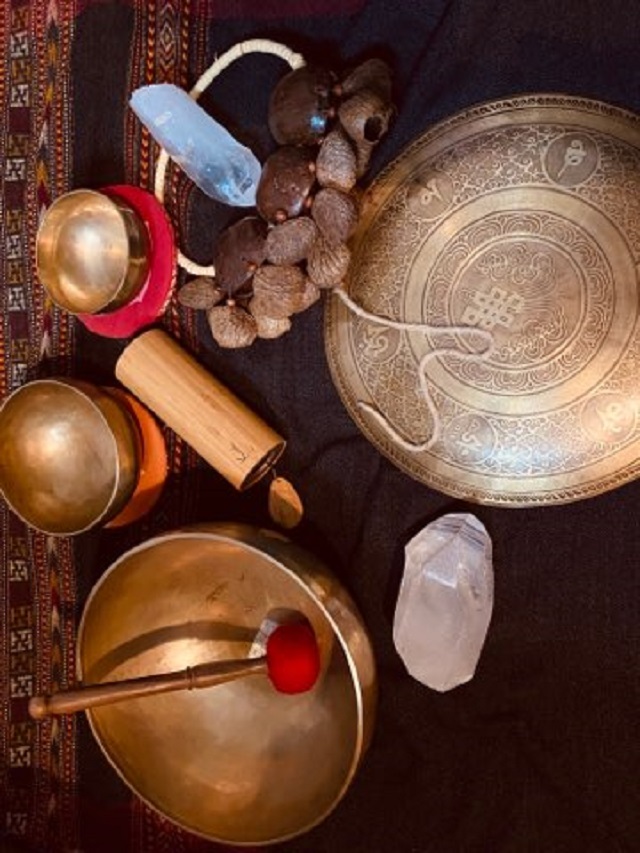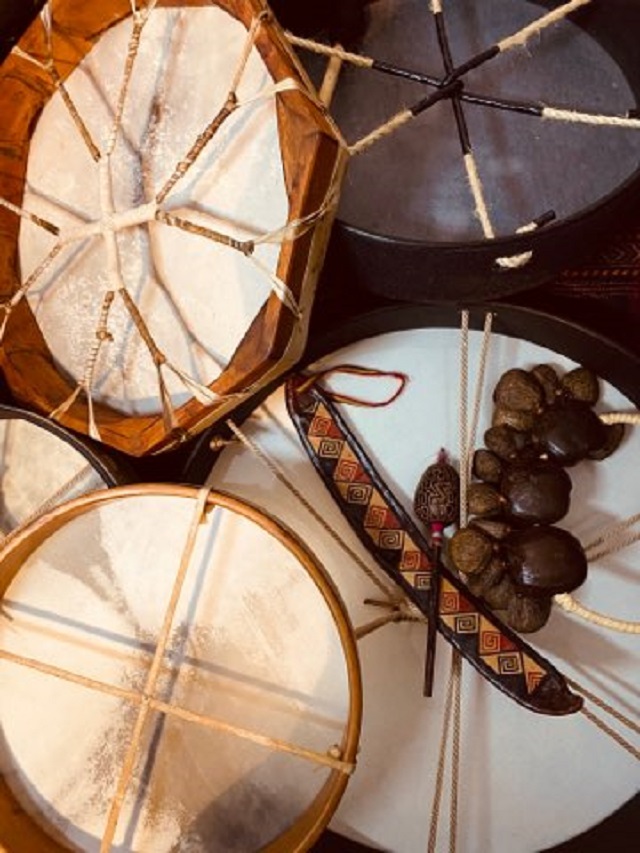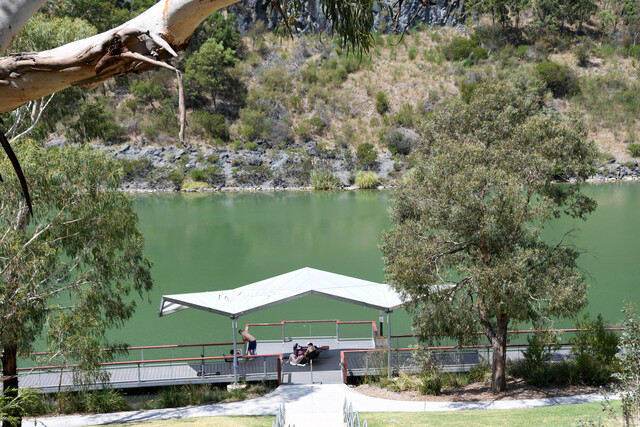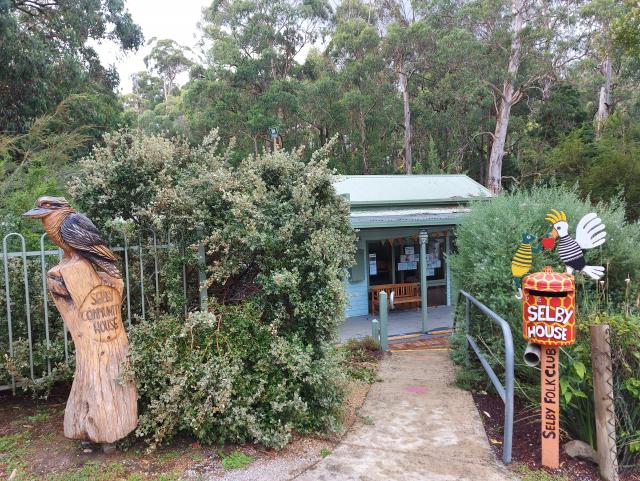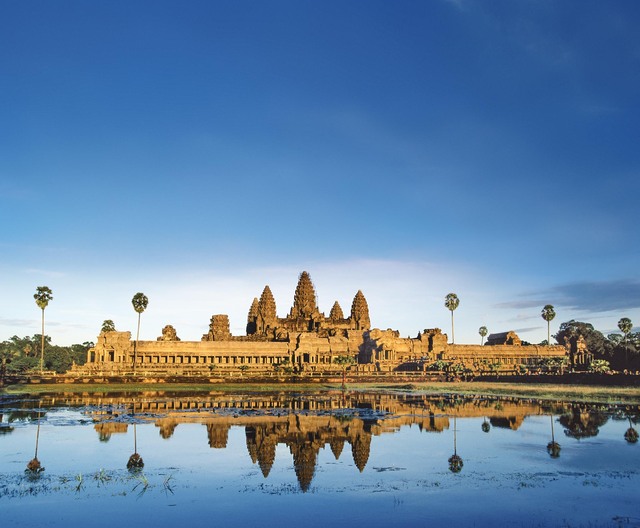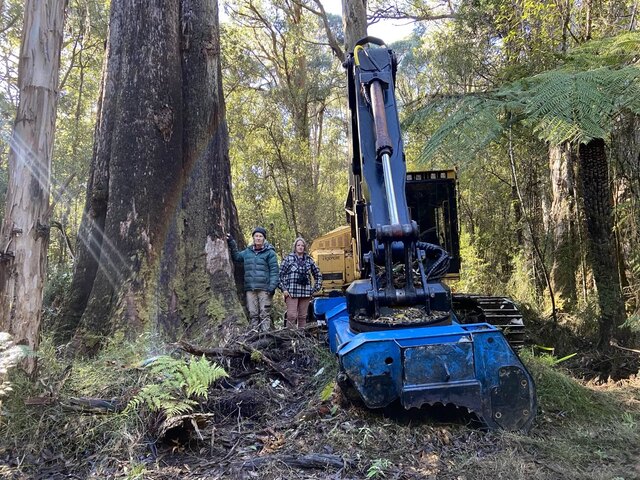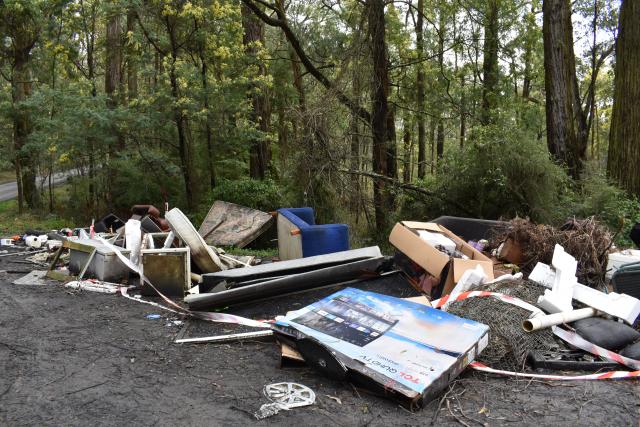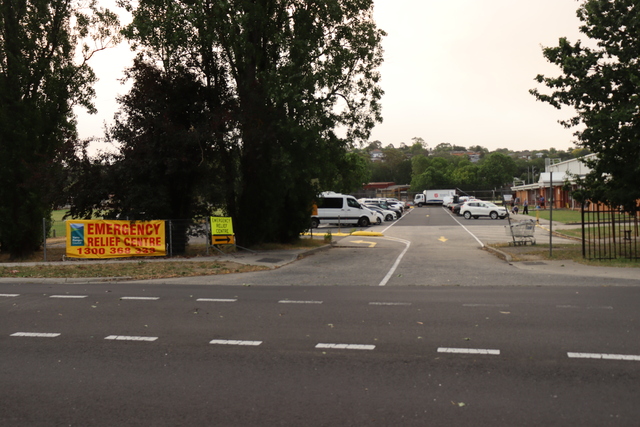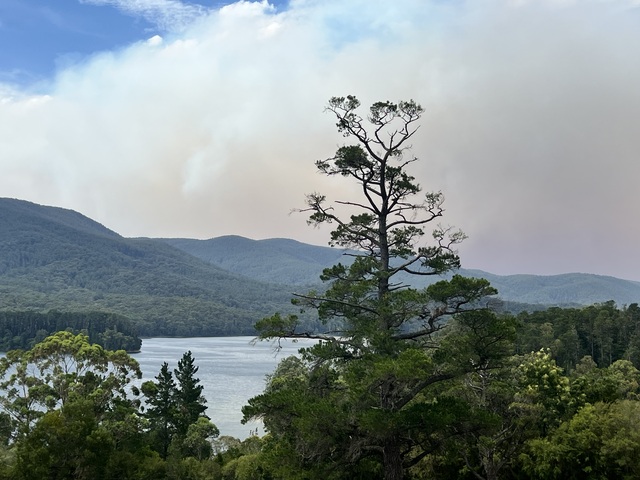As you slowly relax into meditation, imagine the soothing sounds of Tibetan bowls, gongs, Koshi chimes and rattles reverberating throughout the room.
You’re not in ‘fight or flight’ mode, but you haven’t quite lost consciousness either.
You’re in what’s called a sound bath; an immersive experience of vibrations from various ancient instruments and the calming voice of the instructor helping you reach a state of equilibrium.
Inga Liljestrom is a trained sound therapist with the Sound Healing Academy based in Cornwall, and instructed sound bath sessions for seven years throughout the UK in places including London and Glastonbury.
“[Sound Immersion] helps with adrenal fatigue, it helps with depression, it helps with insomnia… I’ve had people who have really overcome big phobias, depressions and deaths of loved ones, and [found] themselves again,” Inga said.
“The whole thing is about self healing; I’m playing sounds, but it’s really up to the person who’s lying there and what they want to do with it.
“The sounds really help carry that intention to every cell in the body, because the sounds are resonating and moving all the cells in the body – you can do that with language, too. If you’re really negative all the time, your body picks up on that, every cell in the body emits sound and absorbs sound.”
Inga has recently begun facilitating sound therapy right here in the Dandenong Ranges with a fully-booked session at Tecoma Uniting Church on Tuesday 12 August.
The hour long Sound Immersion started with a guided meditation, followed by pure sounds of Tibetan and Crystal singing bowls, gongs, drum, voice and chimes.
“Especially after what we’ve been through with lockdowns; we just need to find ourselves again,” Inga said.
It creates a sense of community of people coming together again and not necessarily talking, but sharing more of a relaxed place and state together.
I think that’s very powerful. And I do think that’s what we’re needing [as] the world is always in a state of uproar.”
Inga said ancient instruments of Indigenous cultures are used in Sound Immersion to bring on relaxation and trance-like states.
“We’re working with properties of entertainment, repetitive rhythms, and using frequencies to tune the body,” she said.
“It doesn’t really require anything from the people who are attending, they can just lie down and be really comfortable.
Most reports are that it’s just a really beautiful and powerful experience and something that they’ve never experienced before. It’s very relaxing, lush, otherworldly. Sometimes people have visions and lots of clarity after the session and it can really help with creativity.”
She said sound baths are popular in both the UK and the US, and while they are not new in the Hills, she hopes to make them a more regular practise.
“It’s like this wave of people really needing relaxation, and it’s a beautiful way to receive it, because it’s so effective.
Most people listen to music to help express emotions or to help relax them or to help invigorate them.
It’s used as a medicine, so this is just taking it a step forward.”
For more information on Inga’s Sound Immersion session, visit https://www.myriadsounds.com/.
Inga is also a singer and composer and has a BA (honours) in music.

